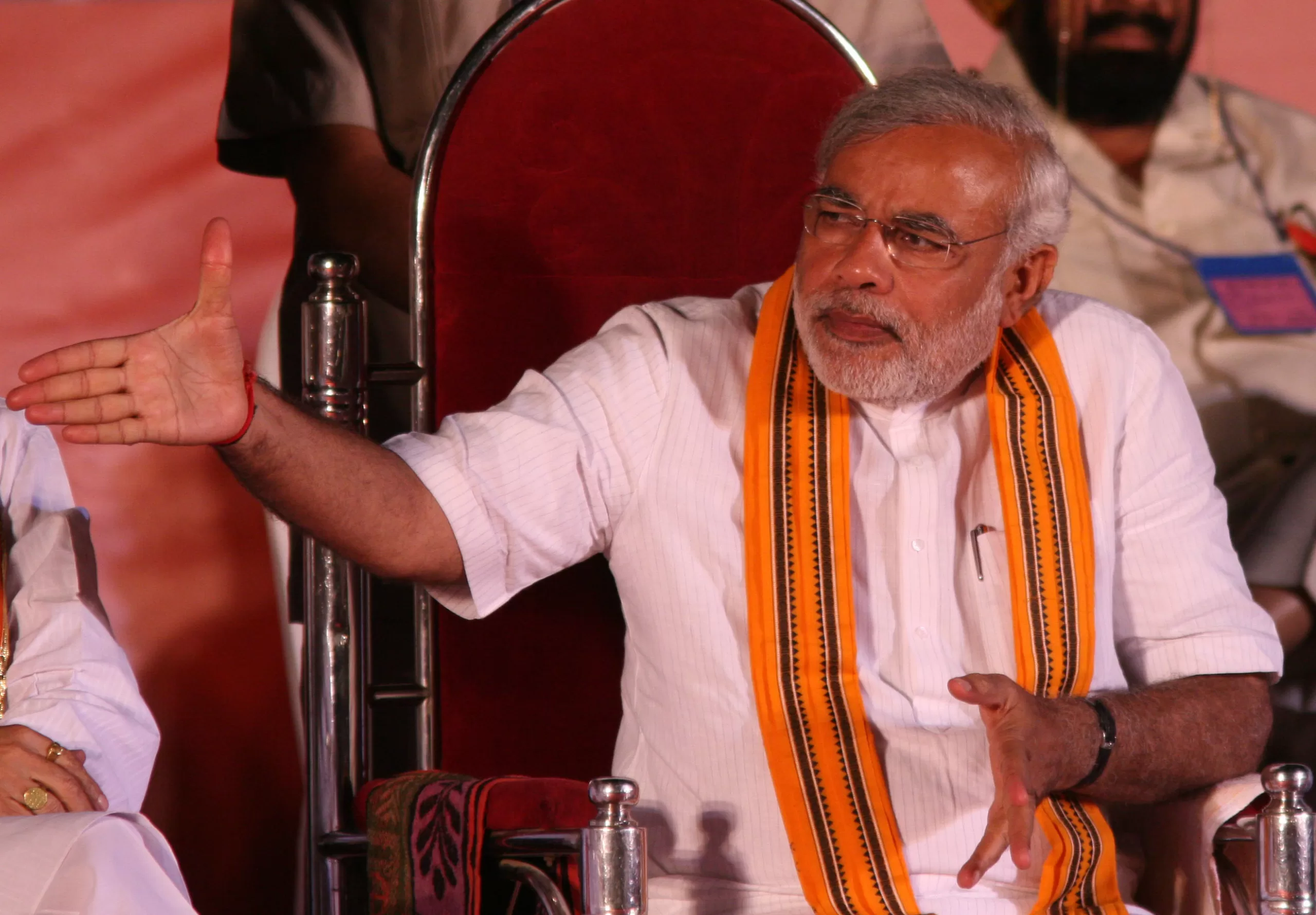 The Irish government’s plan to introduce blasphemy legislation may seem a retrograde step, but it is part of a broader global trend, writes Padraig Reidy
The Irish government’s plan to introduce blasphemy legislation may seem a retrograde step, but it is part of a broader global trend, writes Padraig Reidy
In March of this year, a young Afghan journalist, Sayed Parvez Kambakhsh, was sentenced to 20 years in prison by Kabul’s supreme court. His crime? Blasphemy.
Kambakhsh’s grave offence was to circulate an Iranian-penned article examining the role of women in the Quran. The article undoubtedly caused ‘outrage’ among conservative clerics in Mazar-i-Sharif, Afghanistan’s major religious centre, who convened a kangaroo court and immediately condemned Kambakhsh. It had been hoped that the more enlightened court in Kabul would quash the conviction. But no such luck. Kambakhsh now languishes in jail, despite international outrage at his conviction.
Earlier, in 2007, an Egyptian blogger called Kareem Amer was sentenced to three years in prison after being found guilty on several charges including ‘sedition’ and ‘incitement to hatred of Islam’ (note ‘Islam’ rather than ‘Muslims’).
Most Irish people, I should imagine (or perhaps hope) would find Kambakhsh’s and Amer’s convictions appalling.
So the question arises: why is the Irish government attempting to introduce an offence under which Kambakhsh or Kareem Amer could just as easily have been convicted in Ireland?
It would of course be absurd hyperbole to claim that a sentence of 20 years, or even three years, in prison is exactly equivalent to a fine of up to 100,000 euros. But it is not the equivalence of the punishment that is the issue here: it is the identical nature of the principle — that the criticism, ridicule or even abuse of an ideology should be criminalised.
While religious beliefs are, we should admit, probably more dearly held than any other set of ideas, this cannot in itself be a reason to place them beyond criticism.
What is disheartening for anyone who believes in free expression (and one need not be an atheist or even secularist to follow this sacred principle) is that Ahern’s move is part of a worrying global trend.
The United Nations Human Rights Council has repeatedly passed resolutions condemning ‘religious defamation’. This calculated move by religious and autocratic regimes has led to a dreadful chilling of conversation in the chamber, with quasi-religious human rights abuses such as genital mutilation now deemed out of bounds for discussion, as the spectre of religious defamation looms.
Meanwhile, in the UK, a law banning ‘incitement to religious hatred’, while considerably watered down after a prolonged campaign by an alliance of comics, secularists and evangelical Christians, still establishes in law the idea that faiths should be protected in the way that other ideologies are not. Small succour was found when the Labour government pledged to abolish the crime of blasphemous libel, but it quickly emerged that the Church of England hierarchy was more than happy to let its centuries-old protection go, as it felt that the new law was a more than adequate replacement.
But while the government’s proposal is certainly part of a rising trend, it is still disastrously retrograde. Ireland’s ethnic and religious make-up has changed dramatically in the last 15 years. If the country is to thrive, surely the state must create a space where we can talk more, and more vigorously, about our beliefs and ideals, rather than shut down the conversation.





